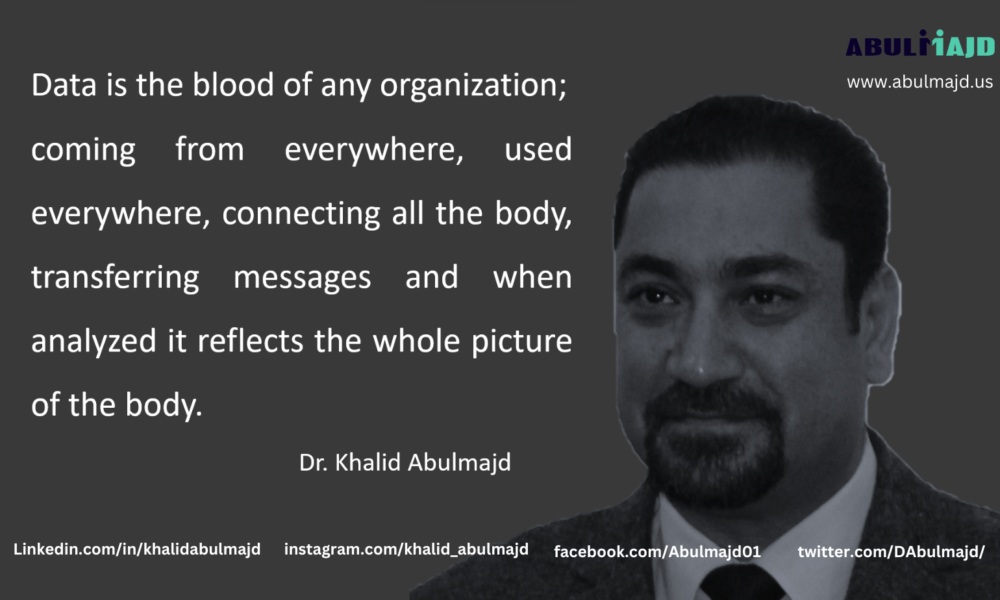Introduction
As a healthcare quality consultant, I have witnessed the increasing emphasis placed on performance measurement in healthcare.
Measuring and evaluating performance is crucial for driving quality improvement, enhancing patient outcomes, and promoting efficient resource allocation. However, the effectiveness of performance measurement hinges on the reliability of the underlying data.
In this blog post, I will explore the critical role of data reliability in performance measurement and discuss strategies to ensure accurate and trustworthy data for meaningful performance assessment in healthcare.
Why Data Reliability Matters:
Performance measurement serves as a compass for healthcare organizations, guiding them toward achieving their quality goals and objectives. However, without reliable data, performance measurement becomes an exercise in futility. Reliable data forms the foundation for accurate benchmarking, identification of performance gaps, and tracking improvement over time. It enables healthcare organizations to make informed decisions, prioritize interventions, and allocate resources effectively.
The Challenges of Data Reliability
Data reliability challenges in performance measurement are multifaceted and can stem from various sources:
Data Collection and Documentation: Incomplete or inconsistent documentation practices, varying data capture methods, and lack of standardization in data collection processes can introduce errors and compromise data reliability.
Data Accuracy and Validity: Inaccurate or outdated information, errors in data entry, and lack of data validation mechanisms can result in unreliable performance metrics.
Data Integration and Aggregation: Healthcare organizations often rely on multiple data sources, including electronic health records, administrative databases, and patient registries, which may have different data structures and formats. Integrating and aggregating these disparate datasets accurately can be challenging and affect data reliability.
Data Timeliness: Delays in data collection, processing, and reporting can undermine the relevance and timeliness of performance measurement, reducing its impact on quality improvement efforts.
Strategies for Ensuring Data Reliability
To address data reliability challenges and promote accurate performance measurement in healthcare, quality professionals and organizations can adopt the following strategies:
Define Clear Performance Metrics: Clearly articulate the performance measures and indicators to be collected, ensuring they align with the organization’s quality goals and priorities. This helps focus data collection efforts on relevant and meaningful data points.
Standardize Data Collection: Implement standardized data collection protocols, including clear definitions, coding systems, and documentation guidelines, to enhance data consistency and reliability across different departments and providers.
Implement Data Validation: Establish robust data validation mechanisms, such as automated checks and audits, to identify and rectify data errors promptly. Regular quality assurance reviews can also help ensure data reliability.
Enhance Data Integration: Invest in interoperable health information systems that facilitate seamless data exchange and integration. This enables a comprehensive view of patient data, reduces data entry errors, and improves data reliability.
Invest in Data Governance: Develop a robust data governance framework that defines roles, responsibilities, and processes for data quality management. This includes establishing data stewardship, data ownership, and data quality improvement initiatives.
Foster a Culture of Data Quality: Educate and engage healthcare professionals in the importance of data reliability and quality. Provide training and ongoing support to ensure consistent and accurate data collection and documentation practices.
In Summary
Performance measurement plays a vital role in driving healthcare quality improvement, but its effectiveness hinges on the reliability of the underlying data.
By addressing data reliability challenges through standardized data collection, validation processes, and enhanced data governance, healthcare quality professionals and organizations can ensure that performance measurement initiatives are based on accurate and trustworthy data.
Ultimately, reliable data enables informed decision-making, targeted quality improvement efforts, and improved patient outcomes. Let us embrace data reliability as a cornerstone of performance measurement and unlock its potential to drive meaningful change in healthcare.










Dr. Khalid Abulmajd
Healthcare Quality Consultant